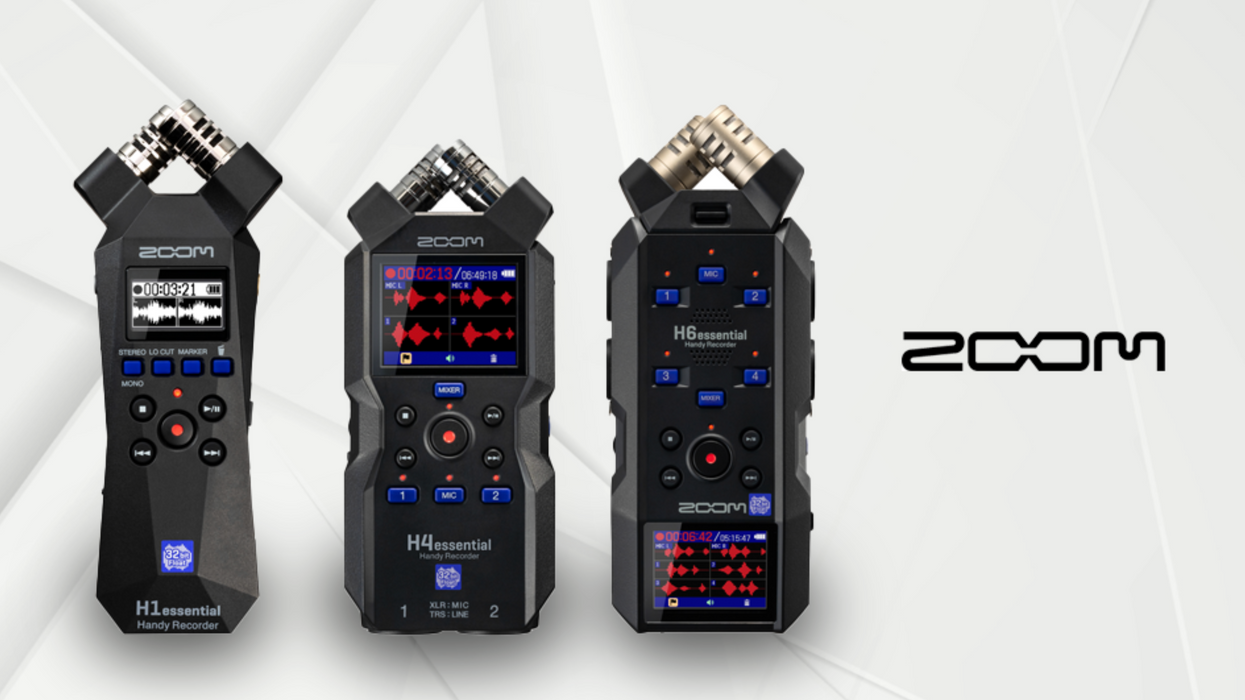Community, Leadership, Experimentation, Diversity, & Education
Pittsburgh Arts, Regional Theatre, New Work, Producing, Copyright, Labor Unions,
New Products, Coping Skills, J-O-Bs...
Theatre industry news, University & School of Drama Announcements, plus occasional course support for
Carnegie Mellon School of Drama Faculty, Staff, Students, and Alumni.
CMU School of Drama
Thursday, February 01, 2024
How 32-Bit Float Audio Recording is Changing Zoom’s Lineup
nofilmschool.com: For those of us living and breathing in the film and video world, you often see and hear lots of new buzzwords thrown around—especially in the tech gear space. However, for every new camera term or cinematography jargon that springs up, a lot of the time, they don’t mean much besides more pixels or better colors.
Subscribe to:
Post Comments (Atom)

1 comment:
Thank god 32 bit mobile recording is finally becoming more mainstream. For a while, digital sound has, in my anecdotal and possibly wrong opinion, 48khz 32 bit float files and recording have been quite common, with some equipment and mixers supporting up to 96khz which helps with aliasing problems. I don't know that recording will ever go over 96khz 32 bit float as it doesn't really make sense to have more fidelity that can't be discerned. However what can be improved is how we process this audio in realtime, the more tracks you have, the more cpu power and storage you need, hence why those recorders need to be able to support 1TB SD cards, cause I've personally worked on 32 Bit multitracks that were about 50 GB, and that was for a relatively small project. Another problem this large size presents is possibly plugin delay, as some plugins cannot keep up in realtime with the insane rates of data some of these projects have.
Post a Comment